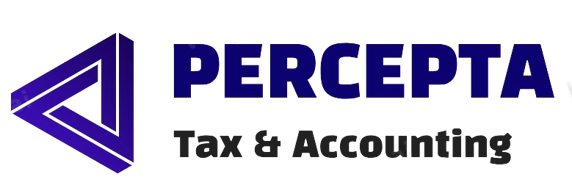Choosing a Legal Name for Your Business
Starting a new business in Canada can be an exciting venture, but it also comes with its fair share of challenges. One of the first steps you need to take is choosing a legal name for your business. This is an important decision that should not be taken lightly, as it will be the identity of your brand.
When choosing a legal name for your business, there are a few factors to consider. First and foremost, you need to ensure that the name is unique and not already in use by another business. This can be done by conducting a search on the Canadian Intellectual Property Office (CIPO) website or by hiring a trademark agent to assist you.
Additionally, you should consider the availability of domain names and social media handles associated with your chosen name. Having a consistent online presence is crucial in today's digital age, so it's important to secure these assets early on.
Once you have chosen a legal name for your business, you can register it with the appropriate authorities.
Registering as a Corporation Federally or Provincially
The next step in starting a new business in Canada is registering as a corporation. Depending on your business goals and scope, you can choose to register federally or provincially.
Registering federally means that your corporation will have the ability to operate in any province or territory in Canada. This option is suitable for businesses that plan to expand nationally or have a presence in multiple provinces.
On the other hand, registering provincially restricts your business operations to a specific province or territory. This option is more suitable for businesses that operate within a specific region and do not have plans for national expansion.
To register as a corporation, you will need to submit the necessary documents and pay the required fees. It is advisable to seek legal advice or consult a business registration service to ensure that you complete the process accurately and efficiently.
Setting Up Business Numbers and Payroll Accounts
Once your business is registered, you will need to set up various numbers and accounts to comply with legal and tax requirements.
A Business Number (BN) is a unique 9-digit identifier assigned to your business by the Canada Revenue Agency (CRA). It is used to identify your business when interacting with federal, provincial, and municipal government entities.
If your business is required to collect and remit Goods and Services Tax (GST), you will also need to register for a GST number. This number is used to track and report your business's GST obligations.
If you plan to hire employees, you will need to set up a payroll account with the CRA. This account is used to calculate and remit payroll deductions, such as income tax, Canada Pension Plan (CPP) contributions, and Employment Insurance (EI) premiums.
In addition to these numbers and accounts, you may also need to provide important corporate information and register with the Workplace Safety & Insurance Board (WSIB) if you have employees.
Starting a new business in Canada involves navigating through various legal and tax requirements. By carefully considering the legal name, registering as a corporation, and setting up the necessary numbers and accounts, you can ensure that your business starts off on the right foot. It is always recommended to seek professional advice to ensure compliance with all regulations and to maximize your chances of success.




